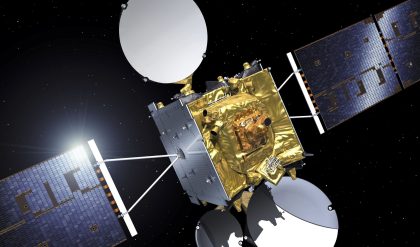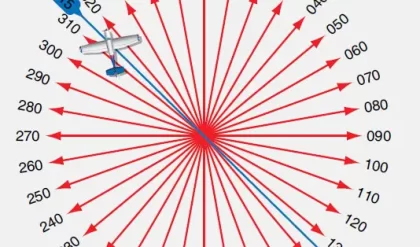As the name indicates, electromechanical relays use the principle of inter conversion between electrical and mechanical energies. The most common type of electromechanical relay is the induction coil.
Basic operation of an electromechanical relay:
1. The relay used should activate the circuit breaker when an overcurrent occurs, thereby the circuit breaker disconnects the current flow and prevent the circuit components from damages.
2. Usually a current transformer is used and current flows through its secondary only when over current flows.
3. The current across the secondary of the transformer energizes the relay coil which in turn breaks the circuit connection in the circuit breaker.
4. Thus further damages are prevented.
In the case of induction relays, there may be one or more exciting coils wound around a magnetic core. Due to flow of current in the exciting coil, the electromagnetic torque is produced which rotates the rotor.
This rotation of rotor is translated into mechanical action for closing of relay.
Types of induction relay:
1. Induction disk relays
2. Induction cup relays
3. Hinged armature relays
Disadvantages of Electromechanical relays
Electromechanical relays are widely used for various applications but they suffer the following drawbacks:
1. High burden on instrument transformers
2. High operating time due to high inertia
3. Contact pitting and corrosion
4. Contact Racing: The Phenomenon by which the inertia of the moving parts causes unwanted connections in the circuit, which makes relay co-ordination difficult.
5. Requires frequent maintenance as there are several moving parts.
6. It is easily affected by shocks and vibrations from outside





Comments are closed.